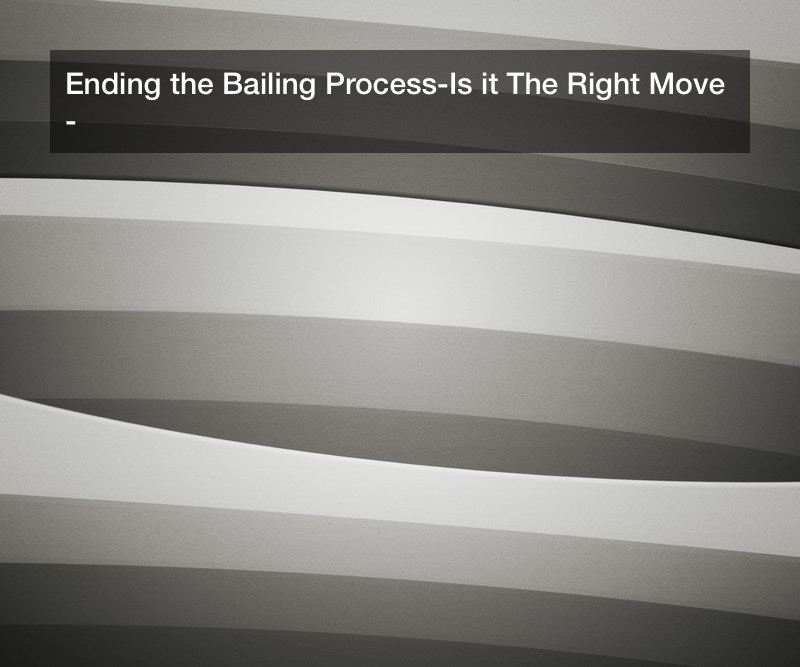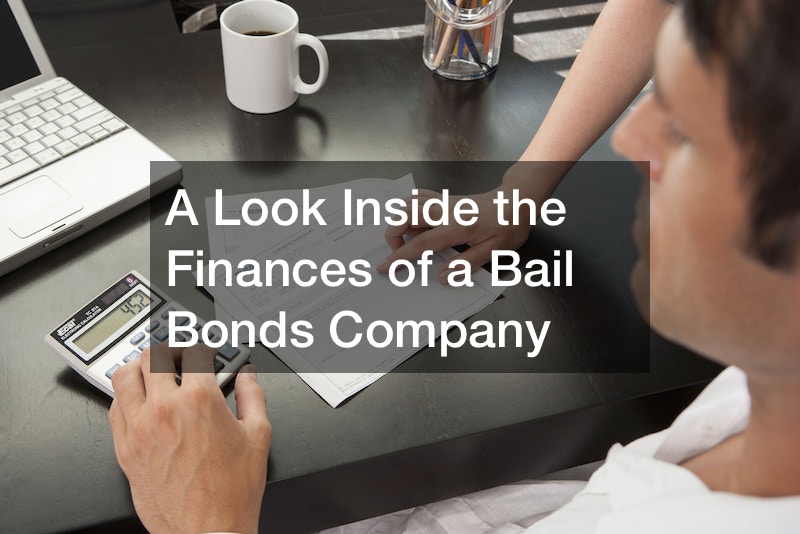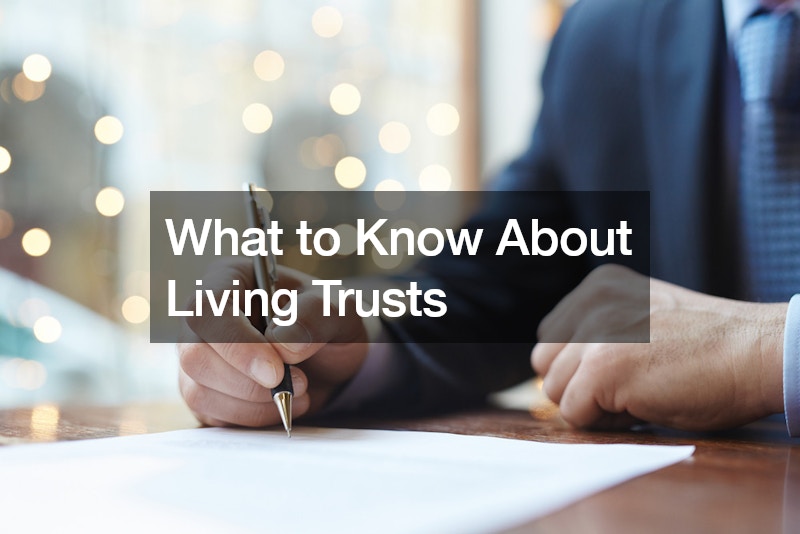
The bailing process is not something new. It has been in place for centuries. Originally the bail bonds concept was developed in England around 410. In the early days, of the concept, you did not pay to get released, but you had to have someone stand up and offer surety if you were found guilty that they would pay the victim on your behalf.
Many states are looking at doing away with the bailing process because of the inequality of the system. Advocates of dismantling the system site that many people that do not have the money to pay for bail bond service sit in jail waiting for a trial for very minor crimes.
Why Do I have to Pay to Get Out of Jail?
If you live in the United States there is one tenet that should always apply, “innocent until proven guilty” if that is true many people ask, “why do I have to pay to get out of jail?”. The fact is that a bail bond is not “paying to get out of jail” it is giving you a financial reason to show up in court and defend yourself.
It is a surety guarantee that the defendant will appear in court. When you have been charged with a crime the judge or magistrate will be charged with your initial arraignment. At the point they will decide if you are a “flight risk”.
When the authorities are determining if you are a flight risk, they consider, your community ties, your ability to take off, the severity of the crime, your criminal record, and the likelihood you will show up in court. If you have a job that you have worked out for a number of years, you have a family, you are facing white collar criminal charges below a certain threshold, and you have no criminal record, likely you will be considered a low flight risk. Your bail will be low.
On the other hand, if you are being charged with a violent crime, your work history is sketchy, you do not have family ties, you will be considered a flight risk, and accordingly your bond will be set high.
You have several options to “make bail’:
- Pay in cash
- Put up property (real estate) equal to the amount of the bail
- Work with a licensed bail bondsmen
Typically, most people do not have the cash on hand, some people choose to put up their homes, most people will work with the bail bond services. The bailing process when you choose a bail bondsman is the easiest option. You pay them around 15% of the face value of the bond, they handle all of the paperwork.
Is The System Unfair to the Poor?
Determining whether the system is rigged against those that are economically disadvantaged, really depends on who you are asking. If you ask a bail bond company, they will tell you that they are a helping agency that take on a lot of risk to get people out of jail. If you ask the person that is sitting in jail because they cannot come up with the 15% that the bond agent requires, they will say it is rigged.
At any given time about a half a million of Americans are sitting behind bars that have not been tried, or convicted. There only crime currently is that they cannot afford to pay for the bail bonds. A criminal defense attorney can ask for a reduction in bond to help make the bond more affordable, but the fact is, the system penalizes the poor.
Many defendants grow weary of sitting in jail and wind up pleading out their case, just to be released. Many times it is against the advice of their criminal defense lawyer. Prosecutors will offer plea deals to those economically disadvantaged defendants that have been incarcerated waiting for trial just to clear the case, and because they know, after a certain point people become desperate to get out of jail.
Sitting In Jail and Losing it All
Guilty or innocent you still have to take the walk. Being wrongfully accused of a crime in the United States, is not the tragedy, sitting in jail and waiting to prove yourself innocent is the tragedy. If you are already economically disadvantaged, sitting in jail, waiting for a trial date, can promote catastrophic losses in your life.
Many people that are charged with a crime are already judged by society. They wind up losing their jobs, losing their homes, their cars, and sometimes even their families. Sitting in jail only elevates those losses. Parents cannot provide support for their children. They cannot maintain employment, and they cannot meet their obligations.
Of course, the bail system has some unseen consequences. For example, the mother that sits in jail because she cannot make bond for shop lifting, cannot care for her children. The children have to be placed in foster care. The state has to absorb the costs. That is not even considering the mental, and emotional anguish that the children have to deal with.
Many states have taken up arms and are fighting to do away with the cash bail system. The bailing process is coming under fire from advocacy groups, and in some states, the courts have nixed the idea that low-level crimes should come with a mandatory bail.
For those that can afford to put up cash, or put up a property, when the case is over, they get their cash and property back. Here is a real kicker, the poor people, that have to pay the bondsmen to get out of jail, do not get anything back. Whether they are found guilty or innocent that 10% or 15% that they paid the bondsmen, is never returned. It is the bond agent fee and they keep it.

The fact that people that are at an economic disadvantage have to pay a fee, that is never returned, while wealthy people can pay a cash bond, and get their money back, is another bone of contention. Let’s say your bail is $25,000. At a minimum, you would have to pay $2500 dollars to get out of jail to the bond agent. That is over $2000 that you will never see again, and for some families that is cost-prohibitive. That money could be 3 months rent, it could pay for a new used car, it could be used as payment for medical bills, clothes for the kids, and potentially months worth of food.
Advocates for doing away with bail processing sight economic impacts, and that it goes against constitutional laws, yet the 24 hour bail machine keeps turning in most of the states that are trying to implement changes. Is it a case of business as usual or is it something more?
Manufactured Deviance and the Bailing Process

The bail bond industry is a $2 billion dollar industry. It is an industry heavy with lobbyist groups that are there to put the pressure on any time a state makes moves to curb the industry. There are approximately 14,000 registered bail agents in the US, with about 40,000 people overall that work in the industry.
If the bailing process was eliminated, there would be droves of these companies that would have to file for bankruptcy protection. You are likely thinking “how can a mere 40,000 people have such an effect on legislation?” Good thinking. They don’t. Large corporate entities do.
The back office activities of the bond industry, is not the mom and pop bail bond service companies, it is the large corporate insurance agencies that write the surety bonds for them. It is the insurance companies that make the real profit off the poor, not the licensed bail bondsman, and they are the one’s that are lobbying to ensure that the industry stays alive and well.
Basically, underwriters are gambling against the defendant. They are hoping that the defendant fails to appear. The bail agent has to pay the insurance company when a defendant takes off, and then the bail agent will go after the family of the defendant and collect whatever collateral was used to cover the bond. It is a vicious cycle, that ensures the poor will stay poor.
Both bail bond companies and insurance companies are not a part of the court system. They enjoy the same protections that other corporate entities enjoy. They are not regulated by the courts. Terms like predatory lenders are thrown around, to describe bond agents.
Do We Need Bailing Process?
A New York justice recently made the comment that “strips our justice system of its credibility.” In 2008, a study in New York City, found that of 19,000 offenders, bail was set at $1000 or lower. Of those, 19000, 87% were not able to make bail and wound up sitting in jail on average for 15 days until family members were able to raise the money to get them out.
Many advocates say that bail processing is a way to coerce defendants into pleading guilty to crimes. It helps to clear the court calendar quickly, and helps prosecutors to get their wins. On the other side of the aisle there are groups that say that the bailing process is a necessary evil, that without it, many people just would not show up for their court dates.
Four states have decided that the bailing process is not necessary. Kentucky, Oregon, Wisconsin, and Illinois, have all done completely away with commercial bonds. Other states including Alaska, New York, New Jersey, and California are either revamping the laws, or working towards abolishing commercial bailing process.
Will It Ever End?
There is a lot of back and forth between proponents of the bailing process, and opponents of the bailing process. Even presidential candidates have gotten in on the debate. Bernie Sanders among the most famous of the advocates for bailing process reform, has called it “an archaic measure that goes against the grain of what our justice system stands for.”
Several states have put the reform to a vote that will be on the ticket during the election cycle in November 2020 to see what the people want. Most people do not truly understand the process enough to make an informed decision, so both sides are ramping up the advertising to get their message out in those states like California that are going to let the people decide.
A bail bond can be a condition of every charge whether they are federal crimes charges, misdemeanors, or very serious violent crimes. Unfortunately, regardless of how minor the crime, a call to the bail bond agency may be a necessity, and just as unfortunate, there are many people that will not be able to make that call. It may be a process that is so ingrained in our judicial system that we as a people may not know how to break the tradition.
On the outside looking in, it seems to make sense, you have to have a safeguard in place to assure that people come to court and defend themselves. It is equally important that people are tried for their crimes and punished. It helps to keep society safe and orderly, but in the end is charging people that do not have the money in the first place fair?
Do we not all have the right to innocence until proven guilty? How can be prove innocence from behind bars? How does one help their lawyer defend them from behind bars? Bail is a very skewed system that maybe does need to be reformed. As a citizen it is important that you vote on any issues that will affect the bail bond system in your state.
If you live in a state that is looking to reform the bailing process and there is vote coming up, the best thing you can do is learn more about the system. Understanding how the bail processing system works that evaluating what each side brings to the table as far as compelling evidence whether it is needed or not, is the best way to cast your vote.





